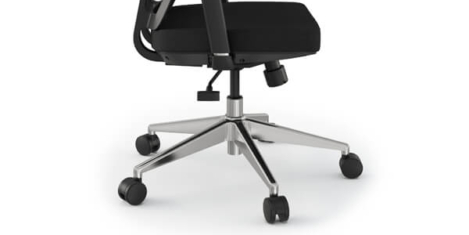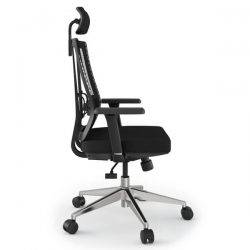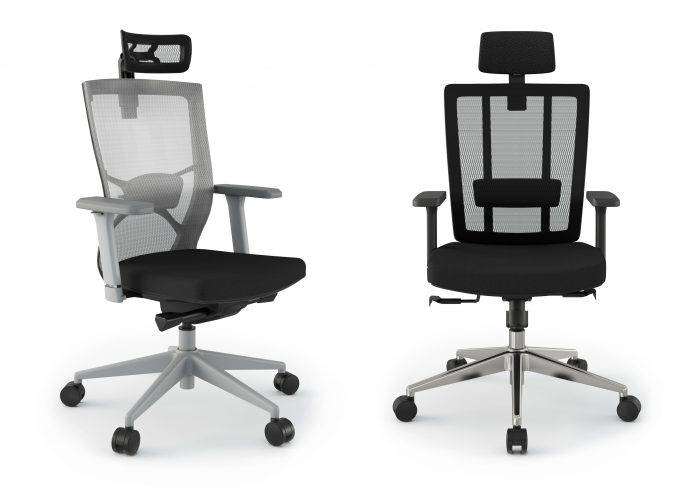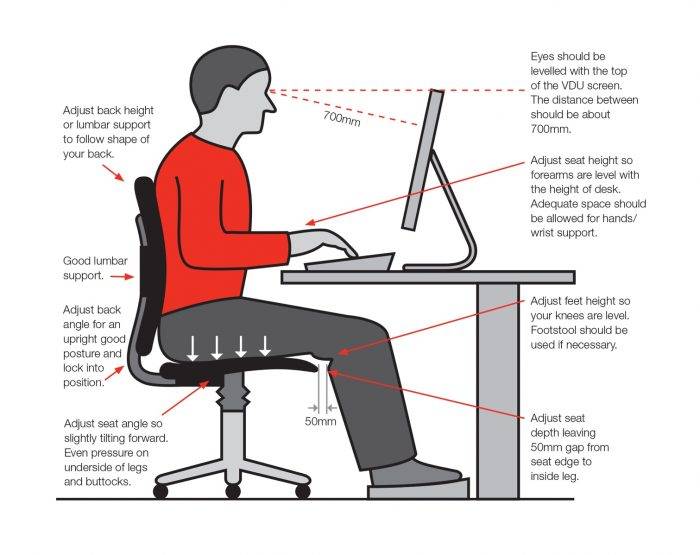February 1, 2019
Employee experience of the workplace does not match employer rhetoric, claims report
 A new report (registration needed), based on a survey of UK employers and employees, claims to reveal a significant and increasing gap between employees’ experience of being employed and what employers believe this experience to be. Barnett Waddingham’s four research papers claims that while the majority of employers (61 percent) believe the levels of wellbeing in their organisation to be high, only 19 percent of the employees surveyed report high wellbeing. According to the authors, this suggests employers do not sufficiently know or understand the needs of their people.
A new report (registration needed), based on a survey of UK employers and employees, claims to reveal a significant and increasing gap between employees’ experience of being employed and what employers believe this experience to be. Barnett Waddingham’s four research papers claims that while the majority of employers (61 percent) believe the levels of wellbeing in their organisation to be high, only 19 percent of the employees surveyed report high wellbeing. According to the authors, this suggests employers do not sufficiently know or understand the needs of their people.




































January 31, 2019
Get ready for the next wave of technological innovation, or get left behind
by Bruce Barclay • Comment, Facilities management, Property, Technology
(more…)